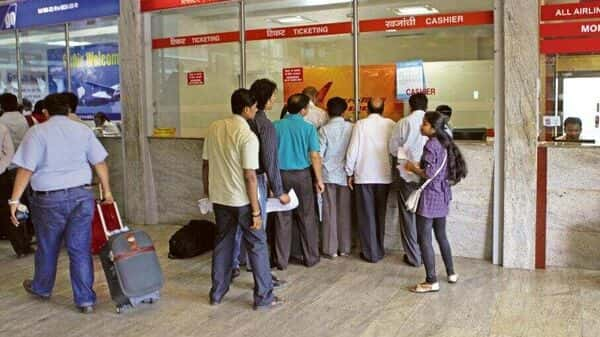[ad_1]
NEW DELHI : A looming threat of bans and increased taxation may stem the growth of online gaming firms in India. These firms, most of which deal in real money gaming (RMG), have been growing at a fast pace over the past year even as the legality of RMG has been contested in courts and discussed among ministries. RMG includes online poker, rummy, and daily fantasy sports platforms, like Dream 11.
For instance, Gurugram-based RMG platform WinZO has seen a twofold increase in monthly active user base and a 10% increase in average time spent on the platform in the last 12 months, according to the company. The company claimed that it became the first ‘off-Play Store’ app to acquire 100 million users.
Google doesn’t allow platforms like WinZO to distribute through the Play Store since the business models of such gaming platforms aren’t in line with the tech giant’s policies. Fantasy sports firms, like Dream11, were also not allowed until recently, but a change in Google’s policies last month now allows them to put up their apps on Play Store.
Real-money gaming platforms have also been facing backlash from several states like Tamil Nadu.
The state government passed an ordinance earlier this month, banning online gambling platforms.
Additionally, a group of ministers (GoM) has been discussing the issue of taxation of gaming firms, which many executives say could cripple them, the same way it has for the crypto industry after the addition of new taxes earlier this year.
According to a gaming industry executive, who requested anonymity as he was citing internal company guidance, the annual revenue for online skill gaming companies (which includes RMG firms) is expected to touch ₹15,000 crore in 2022, up from ₹14,000 crore in 2021. It is projected to grow to ₹40,000 crore by 2025.
Roland Landers, chief executive of All India Gaming Federation (AIGF), said the gaming revenue is expected to grow in 2022 and beyond, but the pace of growth and investment may reduce due to the bans and regulatory uncertainty.
Revenues aside, the regulatory uncertainty has also affected these companies’ ability to raise funds. According to data sourced from Tracxn, gaming startups in India raised $212 million over 12 deals between October 2021 and September 2022, down from $424 million raised between October 2020 to September 2021 over 31 deals.
While gaming startups aren’t quite as cash rich as ed-tech platforms and social media firms, their runways will still drop if revenues dry up, increasing the need for raising funds. While investors said that gaming firms have healthy runways currently, an ongoing funding winter adds to their worries.
“Investors are being more mindful in a bear market, especially on the poor thought through web3 plays,” said Justin Shriram Keeling, founding general partner at gaming venture capital fund Lumika. Gaming platforms burn most of their cash on user-acquisition.
Download The Mint News App to get Daily Market Updates & Live Business News.
[ad_2]
Source link
John Miller has been writing about science, gaming, and tech culture for over a decade. He’s a top-rated reviewer with extensive experience helping people find the best deals on tech and more.



